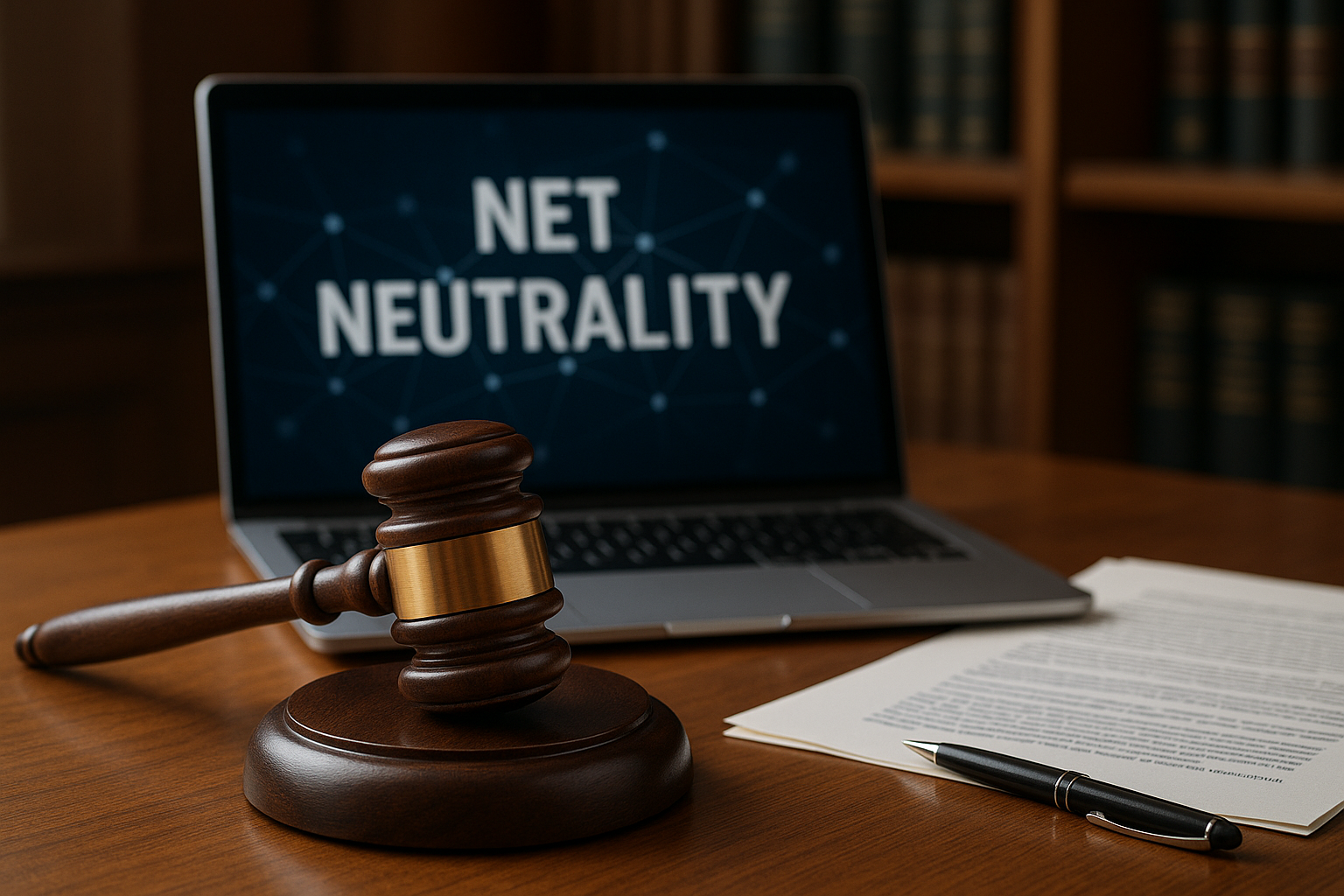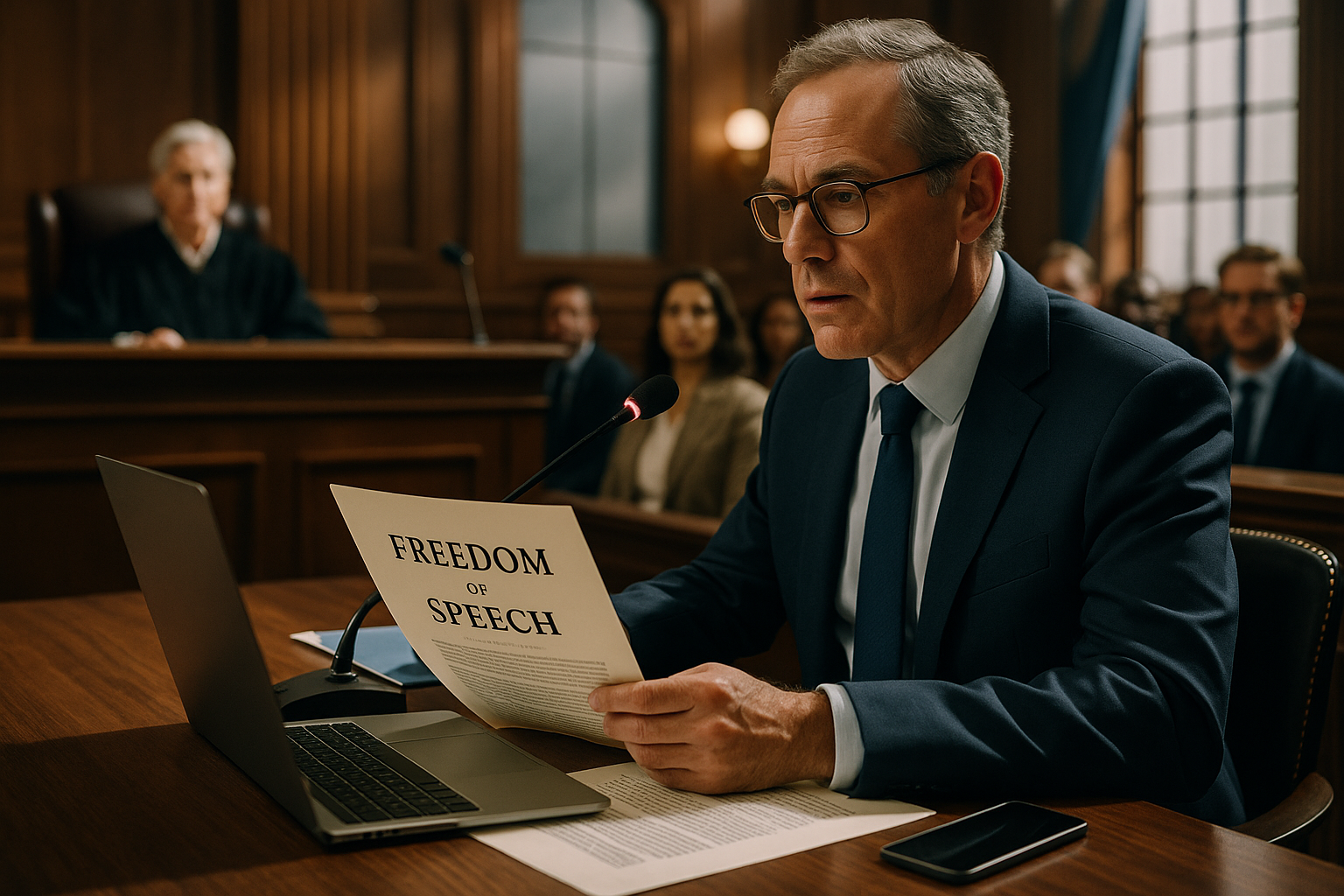A Closer Look at Net Neutrality: A Continuing Legal Debate
Net Neutrality, a concept that has sparked countless debates and discussions in the spheres of law, technology, and government. This article aims to provide an in-depth look at this contentious issue, its historical context, and the current legal updates surrounding it.

Understanding Net Neutrality
Net Neutrality is the principle that all internet traffic should be treated equally, without any discrimination or preference given to any type of content, application, service, or device. This idea dates back to the early days of the internet, when the web was seen as a platform for open and free exchange of information. However, with the rise of major internet service providers (ISPs), concerns about potential control and manipulation of internet traffic began to emerge.
The Legal Journey of Net Neutrality
The legal journey of net neutrality in the United States began in earnest in 2005 when the Federal Communications Commission (FCC) issued a policy statement outlining principles of internet freedom. Despite this, ISPs continued to push boundaries, leading to a series of court battles and policy shifts. In 2015, the FCC classified ISPs as “common carriers” under Title II of the Communications Act, effectively solidifying net neutrality rules. However, this was short-lived as the FCC rolled back these regulations in 2017, sparking renewed debate and legal challenges.
Current Legal Landscape
The current legal landscape of net neutrality remains unsettled. Several states have enacted their own net neutrality laws in defiance of the FCC’s 2017 repeal, leading to ongoing legal battles. In 2021, a coalition of tech companies and advocacy groups filed a legal challenge to the FCC’s rollback of net neutrality rules, arguing that the decision was arbitrary and capricious. This case remains pending in the courts.
Societal Implications of Net Neutrality
The implications of net neutrality are vast and far-reaching. Supporters argue that it ensures equal access to information, promotes innovation, and protects freedom of speech. Critics, on the other hand, believe that it stifles competition and investment in broadband infrastructure. The outcome of the ongoing legal battles could significantly impact how we access and use the internet in the future.
The Road Ahead
As the debate over net neutrality continues, it is clear that this issue is far from settled. The legal landscape is constantly shifting, as are public opinions and technological advancements. As such, it is crucial to stay informed and engaged in this debate. After all, the decisions made today will shape the future of the digital world.
In conclusion, net neutrality remains a complex and contentious issue. As the legal battles continue, it’s crucial to understand the potential implications of these decisions for our digital future. Ultimately, the goal of net neutrality is to ensure an open and free internet for all. Whether or not this ideal can be achieved remains to be seen.




